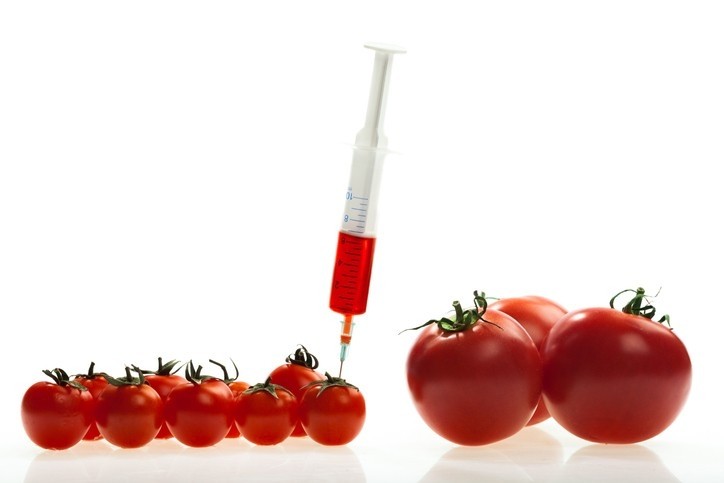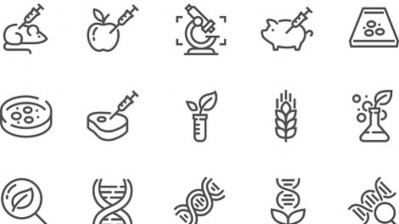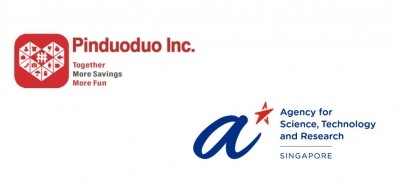Public paradox: Singapore’s food self-sufficiency hopes threatened by attitudes towards GM and novel tech

The country aims to produce 30% of its nutritional needs by 2030 ‘via funding and technology transfers’ in order to ‘to effectively buffer from supply disruptions’, according to the Singapore Food Agency (SFA) but research from the Nanyang Technological University (NTU) has found that a significant portion of the population is resistant to such novel foods.
The study used an influence of presumed media influence (IPMI) model to examine how pre-existing attitudes toward genetically modified (GM) food are associated with subjects’ intention to consume nano-enabled food.
Nano-enabled food, a form of engineered-food, containing ingredients and additives that are made using nanotechnology, was a representation of novel food technologies here.
The researchers surveyed 1,000 Singaporean citizens and permanent residents on their attitudes towards GM foods. Here, nearly one-third of participants (305) showed unfavourable responses towards GM foods, and application of the IPMI model found that this attitude is likely to extend to nano-enabled foods and by extension other foods made via other novel food technologies.
“Our study is [an] examination of the public’s reactions towards novel food technologies. We may soon be able to make food last longer with the help of science, or dine on lab-cultured meat, but all these would be futile if a sizeable group of people reject these new food innovations,” said lead researcher Associate Professor Shirley Ho.
“This [could] potentially be due to a general rejection of technology-enabled food and other notions associated with it. The mental associations that people make between similar technologies may influence their behaviours toward a newer technology.”
Food security concerns
The main concern here is how these findings could impact Singapore’s planned policies to bolster food security, including its dedicated regulatory framework to govern novel food production in the country.
This has become ever more important in light of COVID-19, and public rejection of foods produced via novel means would make things much more complicated for Singapore, which does not have the land and space required to be dedicated to traditional agriculture and farming.
“The COVID-19 pandemic has highlighted the importance of food security for a small country like Singapore, which imports more than 90% of its food consumed in the country. We don’t have the problem of disrupted food supply yet, but we have to anticipate the possibility,” said Assoc Prof Ho.
One potential way to salvage the situation would be to communicate more transparently with the public regarding the technicalities of novel foods instead of presenting it as a solution.
“[In the case of nano-enabled food], media coverage on nanotechnology in Asia tends to focus on its potential for nation-building rather than provide technical information, [so] it is likely that the Singapore public does not have sufficient technical knowledge to form independent judgments of nano-enabled food,” said the study authors.
“Hence, they are likely to rely on their pre-existing attitudes and beliefs toward similar preceding food technologies, such as GM food, to evaluate nano-enabled food.”
The same could be said of other technology such as cell-based cultured meat, and here it was suggested that campaigns be planned out in a more targeted manner.
“[Policymakers and organisations] that wish to publicise novel food technologies need to be aware that audiences’ pre-existing attitudes can pose challenges [and] therefore circumvent the situation strategically,” said the authors.
“Leveraging on credible news outlets to cover novel food technology as a whole is a feasible way of improving audiences’ pre-existing attitudes prior to the actual communication campaigns for their target products.”
Why the problems with GM?
GM-food has long been controversial in the food industry, especially in terms of health and ethical concerns.
“Since the introduction of GM food, consumers have expressed concerns about the ethicality of gene-editing, the possibility of disturbing the ecological balance, [and the] threats to health as they perceive that GM food can produce toxins and cause allergies and illnesses,” said the study authors.
That said, many experts still believe that GM foods hold the way forward.
“[Experts] believe that GM crops are able to alleviate food shortage and reduce the destruction of useful organisms in the soil when more pesticide is being used, [and] that the public has over-assessed the risks associated with GM foods,” said the study.
This has been particularly prominent in countries such as Australia and New Zealand, which have been rapidly broadening the range of GM foods accepted under Food Standards Australia New Zealand (FSANZ) even through the COVID-19 pandemic.
Study: Past Debates, Fresh Impact on Nano-Enabled Food: A Multigroup Comparison of Presumed Media Influence Model Based on Spillover Effects of Attitude Toward Genetically Modified Food
Source: Journal of Communication
Authors: Ho, S.S. et. al.



















